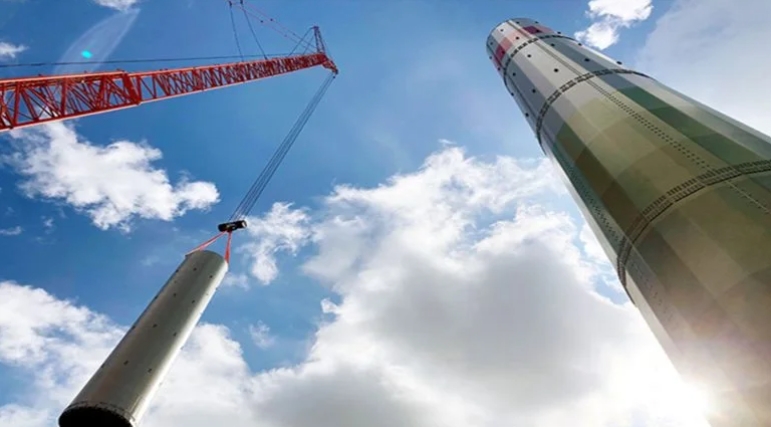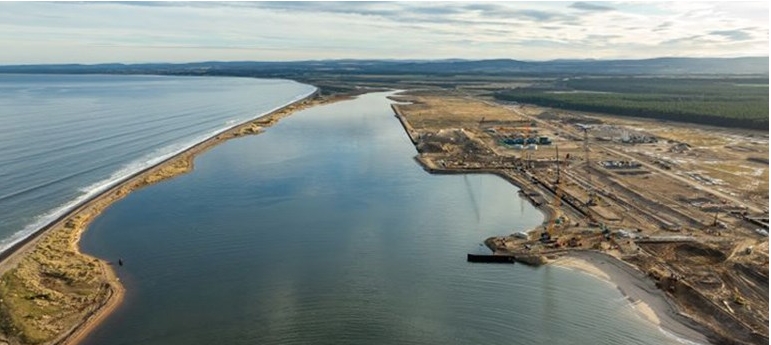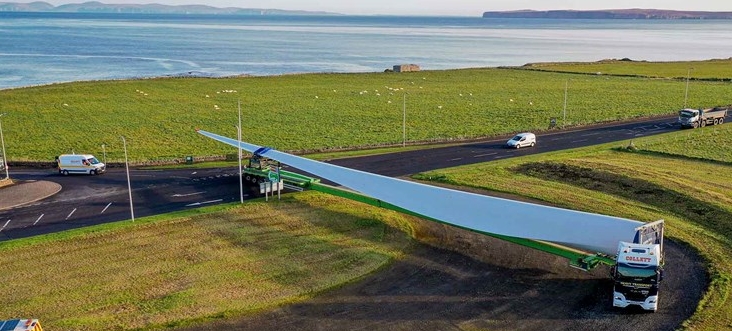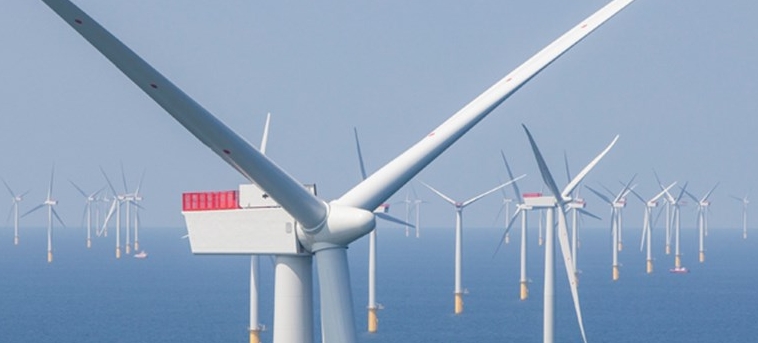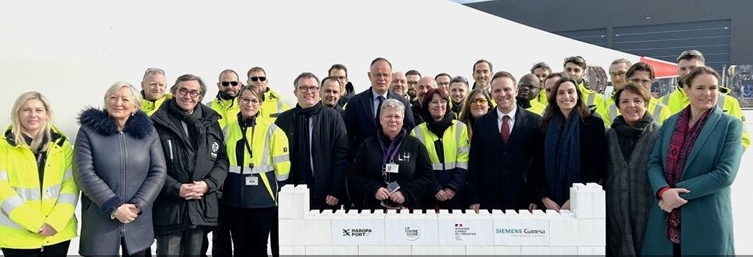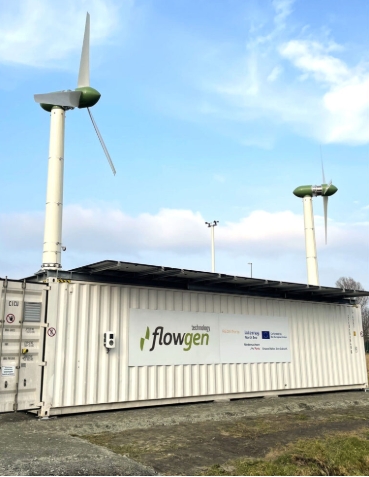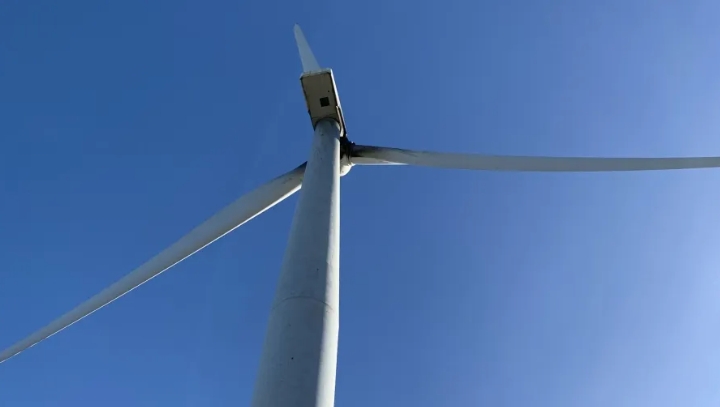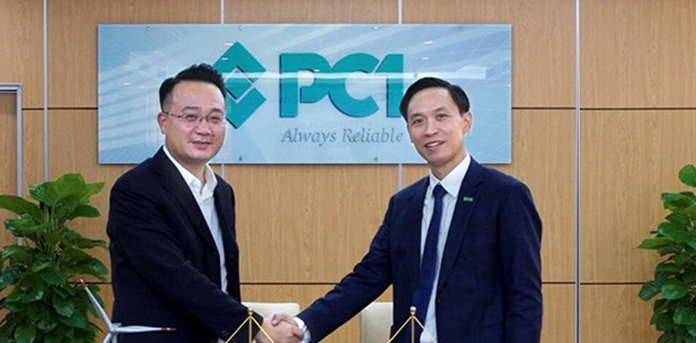Iran has Launched a 30-Strong Cascade of IR6 Centrifuge Machines
TEHRAN- Head of the Atomic Energy Organization of Iran (AEOI) Ali Akbar Salehi announced on Monday that the country has launched a 30-strong cascade of IR6 centrifuge machines.
"We have installed 15 new-generation centrifuges in the past two months which is a very big achievement," Salehi said in an interview with the state TV on Monday.
"Now, our capacity (to produce uranium) has reached 8,660 SWU (Separative Work Units) and we could produce nearly 450g of uranium a day before the third step (of the modification of Iran's nuclear deal undertakings) and now it has increased to over 5,000g daily," he added.
Salehi noted that Iran has launched a chain of 30 IR6 centrifuges, adding that at present Iran has nearly 60 IR6 centrifuge machines which can produce a sum of 600 SWUs.
He underlined that his organization planned to launch a chain of 30 IR6 centrifuges 3 to 4 years from now after testing a chain of 20 centrifuge machines, but it changed plans to take the step faster due to the high-ranking officials' decision to modify nuclear deal undertakings in response to the European states' disloyalties and display the Islamic Republic's potential and power.
On April 9, Iran announced the installation of a chain of 20 advanced IR6 centrifuges in the Natanz enrichment facility in Central Iran.
On October 2, Supreme Leader of the Islamic Revolution Ayatollah Seyed Ali Khamenei said that the Islamic republic would continue reduction of its commitments under the nuclear deal.
He tasked the AEOI with implementing the drop of nuclear commitments "precisely and completely until we achieve a desired outcome".
As a reaction to the US unilateral withdrawal from the JCPOA in 2018 and its subsequent sanctions on Tehran and in a response to Europe's sluggishness to save Iran's interests under the deal, Iran started modification of its nuclear deal undertakings in May.
Tehran has rowed back on its nuclear commitments three times in compliance with articles 26 and 36 of the 2015 deal.
Iran says its reciprocal measures will be reversible as soon as Europe finds practical ways to shield the Iranian economy from unilateral US sanctions which were imposed last year when President Donald Trump withdrew from the 2015 nuclear deal.
Iranian Government Spokesman Ali Rabiyee said in September that his country was determined to take the foruth step to modify its nuclear deal undertakings unless the Europeans do their obligations under the Joint Comprehensive Plan of Action (JCPOA).
"If the (Europeans') undertakings are fully implemented, we will come close to what we had in the nuclear deal too. Our final goal is full implementation of the nuclear deal; we did not modify our undertakings to withdraw from the nuclear deal but they are aimed at bringing the other side back to compliance with their nuclear deal undertakings," Rabiyee told reporters in a press conference in Tehran.
"Our move towards to the third step depends on the other side's compliance with its undertakings and Tehran's satisfaction with the Europeans' fulfillment of their obligations," he added.
Rabiyee warned that Iran will take a "strong" step if Europe fails to use the remaining opportunity to implement its Joint Comprehensive Plan of Action (JCPOA) undertakings.
Washington withdrew from the internationally-endorsed 2015 nuclear deal with Iran on May 2018, reimposed the toughest-ever sanctions against the country and started a plan to zero down Tehran's oil sales.
Under the nuclear agreement reached between Iran and six world powers in July 2015, Tehran undertook to put limits on its nuclear program in exchange for the removal of nuclear-related sanctions.
The Iranian officials had earlier warned that the European Union’s failure in providing the needed ground for Tehran to enjoy the economic benefits of the nuclear deal would exhaust the country's patience.
